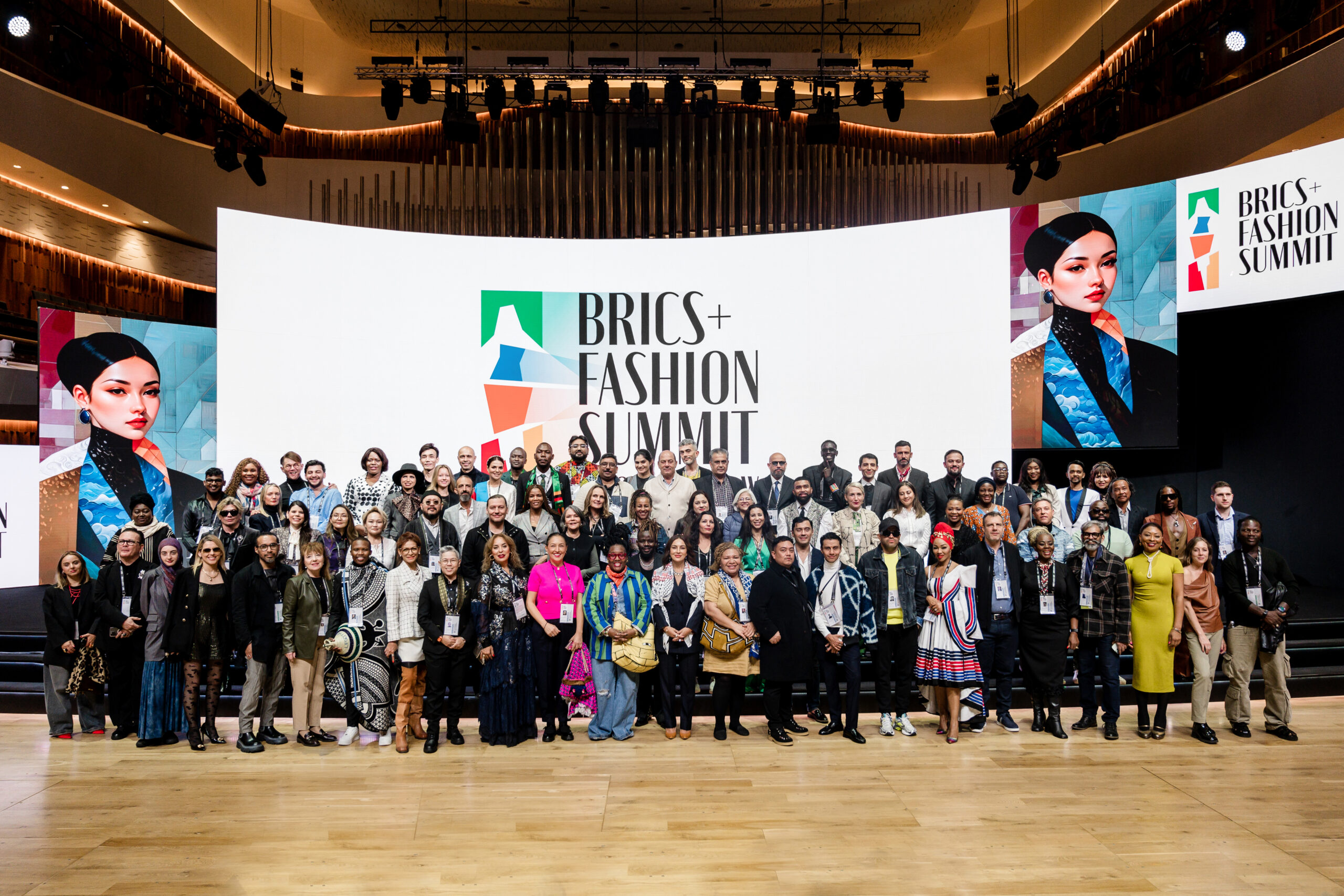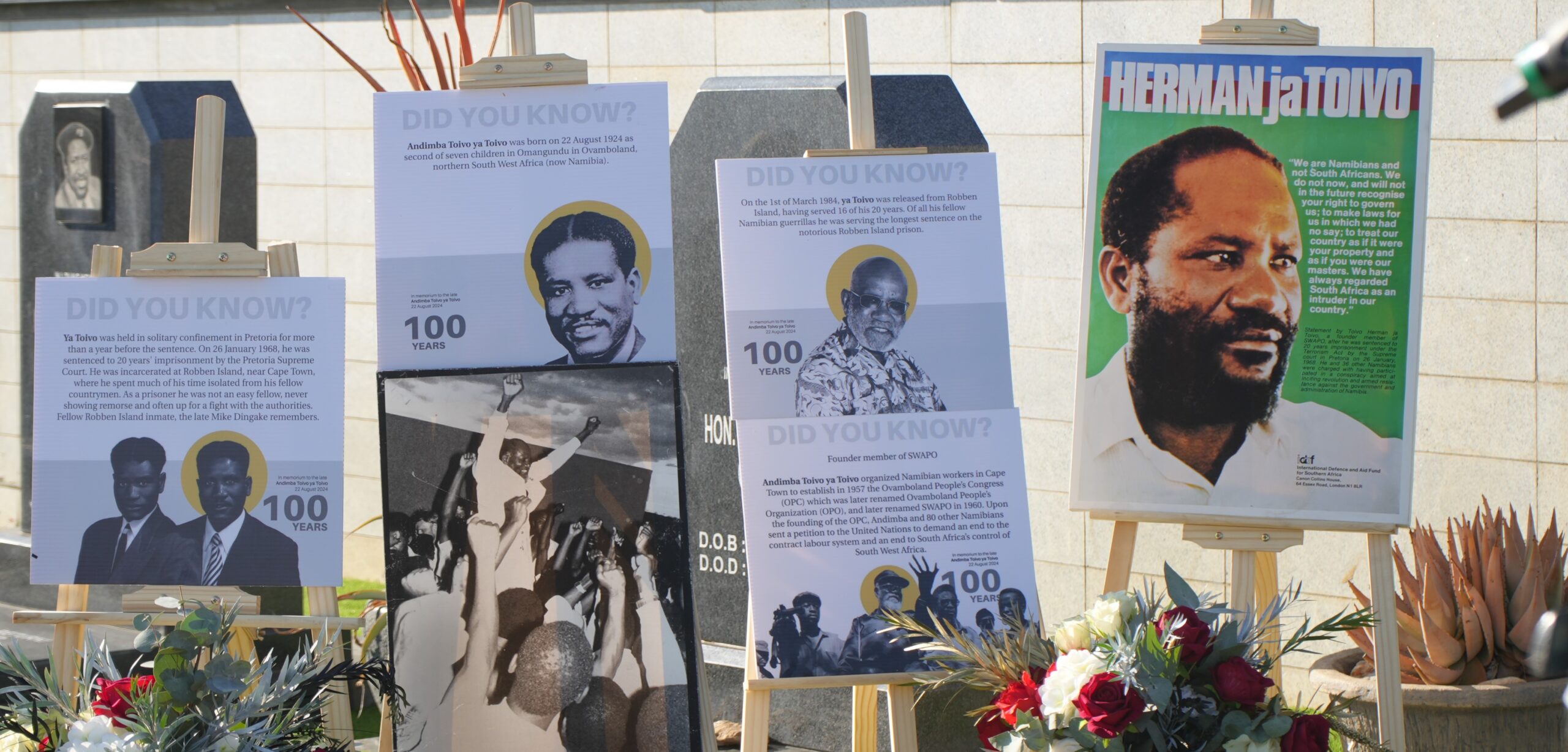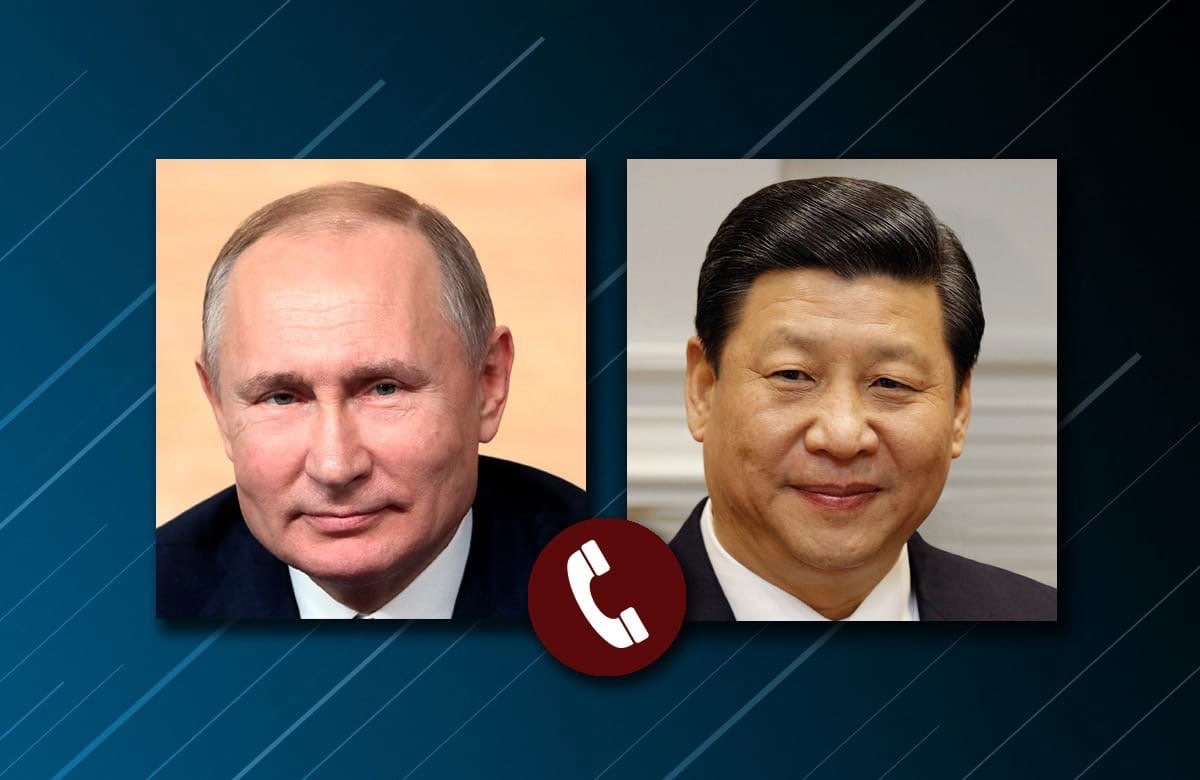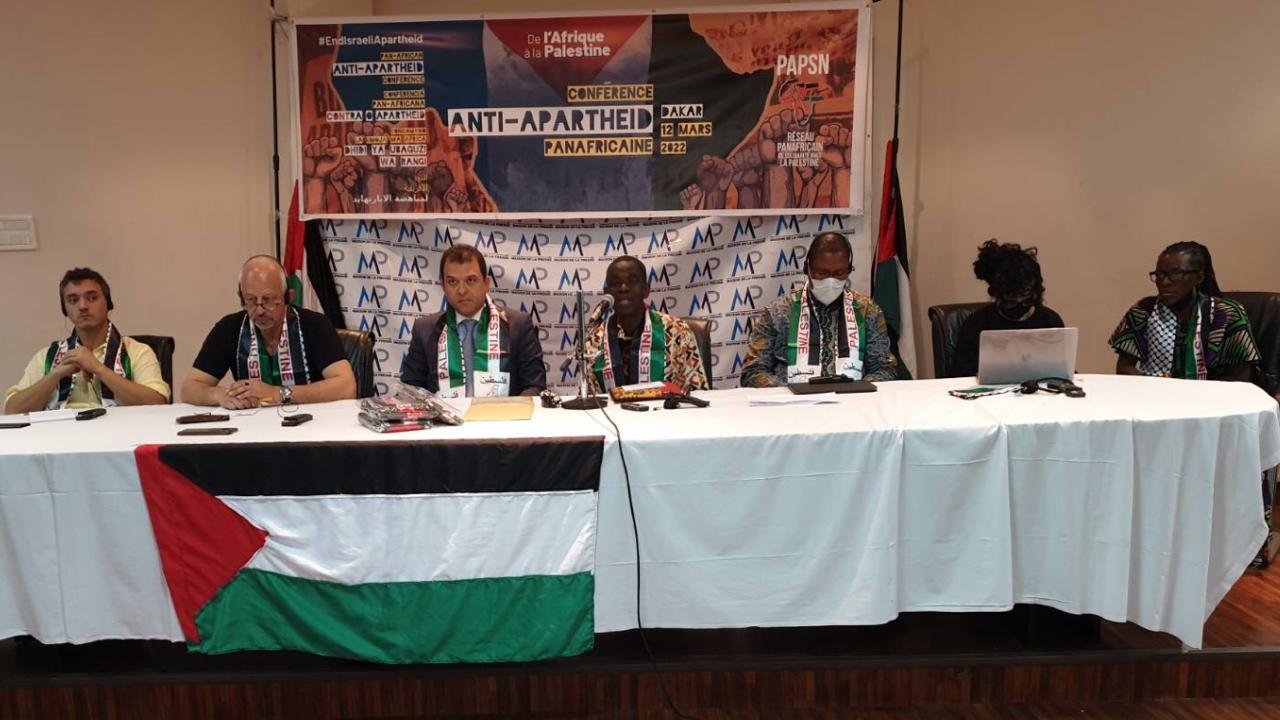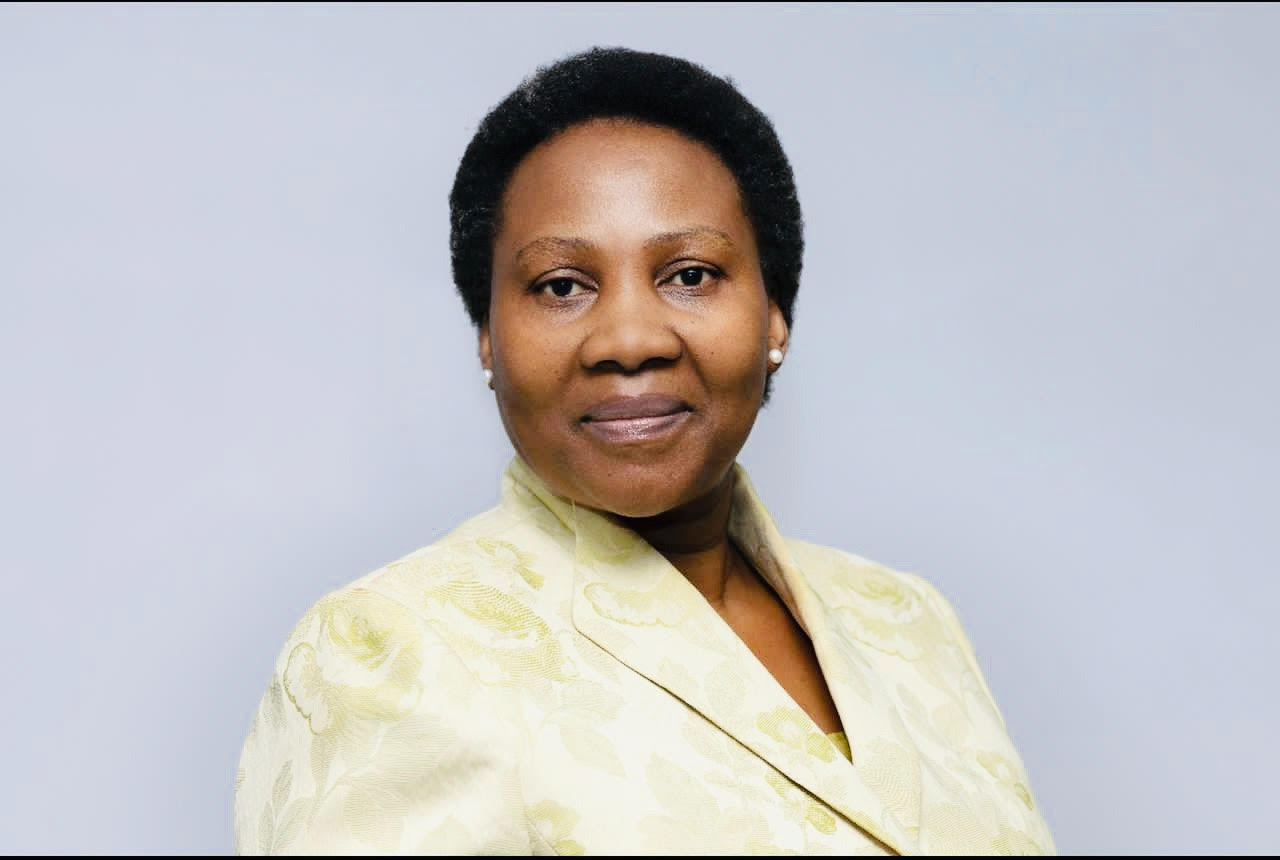
Boiemo Sekgoma - an epitome of women's emancipation
By Boemo Sekgoma*
WINDHOEK – The 8th of March 2024 is International Women’s Day. This year’s UN theme is focused on “Investing with women to accelerate change”.
This theme presents an opportunity for deeper reflection on how far we have been able to domesticate the policy implications and legal provisions contained in the Protocol to the African Charter on Human and Peoples’ Rights on the Rights of Women in Africa (Maputo Protocol).

Furthermore, we are barely six years from 2030, the end date for the implementation of the Sustainable Development Goals (SDGs). After the advent of the Millennium Development Goals, serious commitments were made to implement the SDGs fully and comprehensively. This priority is closely intertwined with the need to domesticate human rights treaties in view of promoting gender equality, decent lives for women, and peace worldwide.
Recently, the UN Secretary General, Antonio Guterres shared his 2024 priorities with the UN General Assembly and stated that “The New Agenda for Peace calls for the transformation of gendered power dynamics, and the meaningful inclusion of women and young people in all peace processes.”
Indeed, unless women are included at discussion roundtables and decision-making forums, human rights in all its forms will continue to drastically lag behind, especially in developing countries where women are confronted with diverse socio-economic vulnerabilities.
Development without the concurrence of women is not sustainable development, and peace achieved without factoring women’s voices will not be lasting peace.
The SADC Parliamentary Forum has consistently advocated for women to be at the centre of policy processes and reform initiatives at the helm of the State, whereby women can tangibly be heard, understood and their concerns concretely integrated to mainstream decision-making.
Investing in women should not be an empty catchphrase. Rather it exemplifies the need to develop an inclusive architecture of policy and legal reforms whereby measures for women empowerment are consistently financed, legislation to protect women is consolidated, and Government is regularly held to account on treaty-commitments that were designed to assist women. Investing in women also entails that consistent sensitisation campaigns are to be conducted to demystify myths and taboos that continue to hold women backwards.
In Southern Africa, Female genital mutilations, child marriages and unintended pregnancies, and the transmission of HIV/AIDS, continue to profoundly affect the lives of young girls who consequently drop out of schools and condemn themselves to informal employment, if any. Investing in women means that investments should also be directed to demolish the barriers that continue to disempower women in society.
An inclusive architecture of policy reforms calls for the participation of women at all levels of the workforce, from junior to senior management positions, in all industry categories. According to UN Women, 61.4% of prime working age women are in the labour force compared to 90.6% of prime working age men. Although figures are largely unavailable, senior management positions remain dominated by men in Southern Africa.
Over the past three years, one SADC country has enacted a law to ensure that a minimum of one woman is included on the board of all public companies, in view of promoting gender responsiveness. We need more commitments for women representation in corporations, if we are to achieve overall gender equality.
Although more women than men work in agri-business activities in Sub-Saharan Africa according to the Food and Agriculture Organisation of the UN, less women are owners of land than men due to patriarchal hegemonies that favour the devolution of inheritance to men and boys. This calls for a revisiting of the equal right to property to both men and women, as stated in the Maputo Protocol. With the energetic transition to sustainable energy sources, there is a further need to ensure that women are inclusively involved in upscaled agricultural jobs as well as environmental engineering that promotes climate action, thus marking a departure from unskilled employment. This would necessitate a change of mindset and a momentum for capacity-building of women upstream in view of forging the right skills to tackle these key pillars.
Women can also play a cardinal role to end poverty in Southern Africa. According to the African Development Bank Indicators on Gender, Poverty, the Environment, Progress towards the SDGs in African Countries (2023), there at least 4 low income countries in the SADC region. International observers have noted that the integration of women to formal employment could bring more than 20% of Gross Domestic Product in developing nations, which could pull countries above the poverty line. Without resources, no state would be able to finance gender mainstreaming as well as the other commitments stated in the Maputo Protocol.
Peace and poverty are intricately linked to each other since most war-torn countries are also those where gender inequality persists, especially amongst the poorer population segments of the country. Investing in women should thus be seen not only as a contribution to the welfare of women, but to the broader prosperity of the state as a whole. Without empowered women, the tapestry of the social fabric will slowly degenerate into socio-economic oblivion and conflict.
The welfare of women translates into the prosperity of homes which in turn reflects on the success of a nation.
*Boemo Sekgoma is the Secretary General of the SADC Parliamentary Forum, the inter-parliamentary arm of the Southern African Development Community. It brings together 15 SADC national parliaments and about 3700 MPs to dialogue on issues of regional interest while promoting regional collaboration and integration. She writes in her official capacity.
CAPTION:
Ms. Boemo Sekgoma, Secretary General of the SADC Parliamentary Forum. Photo: Contributed






